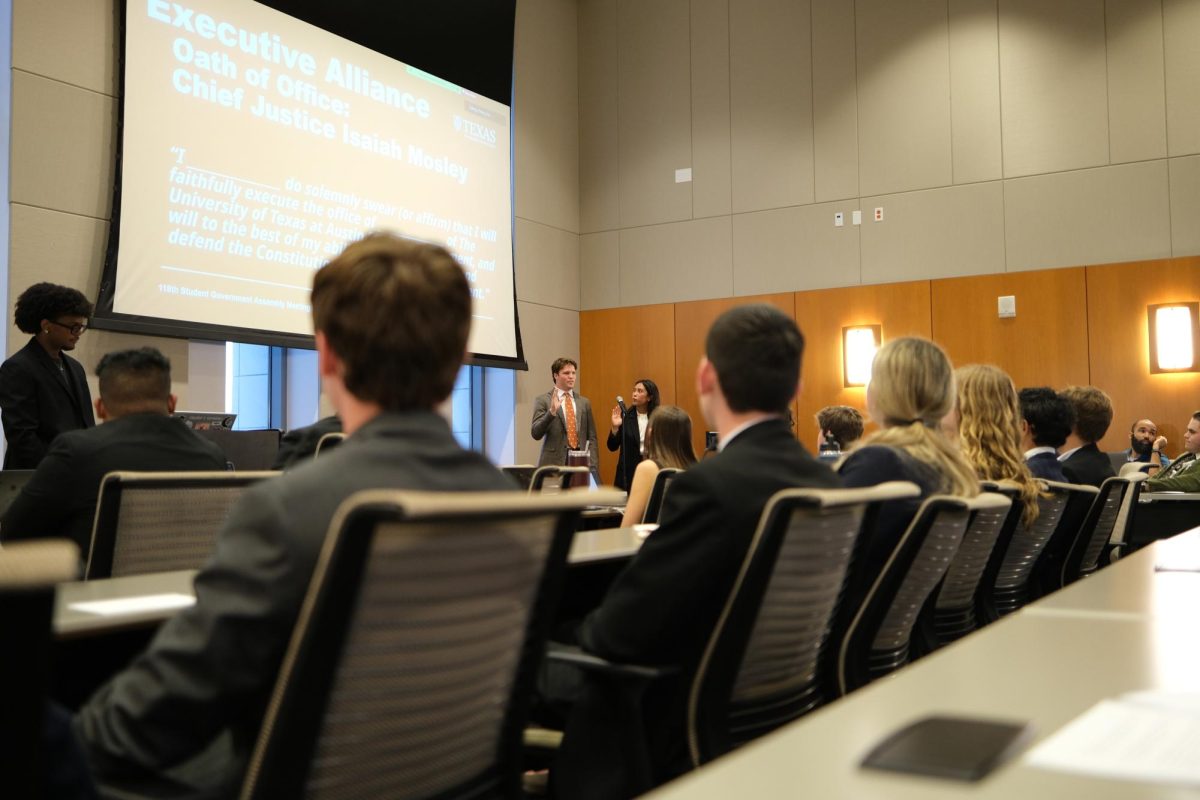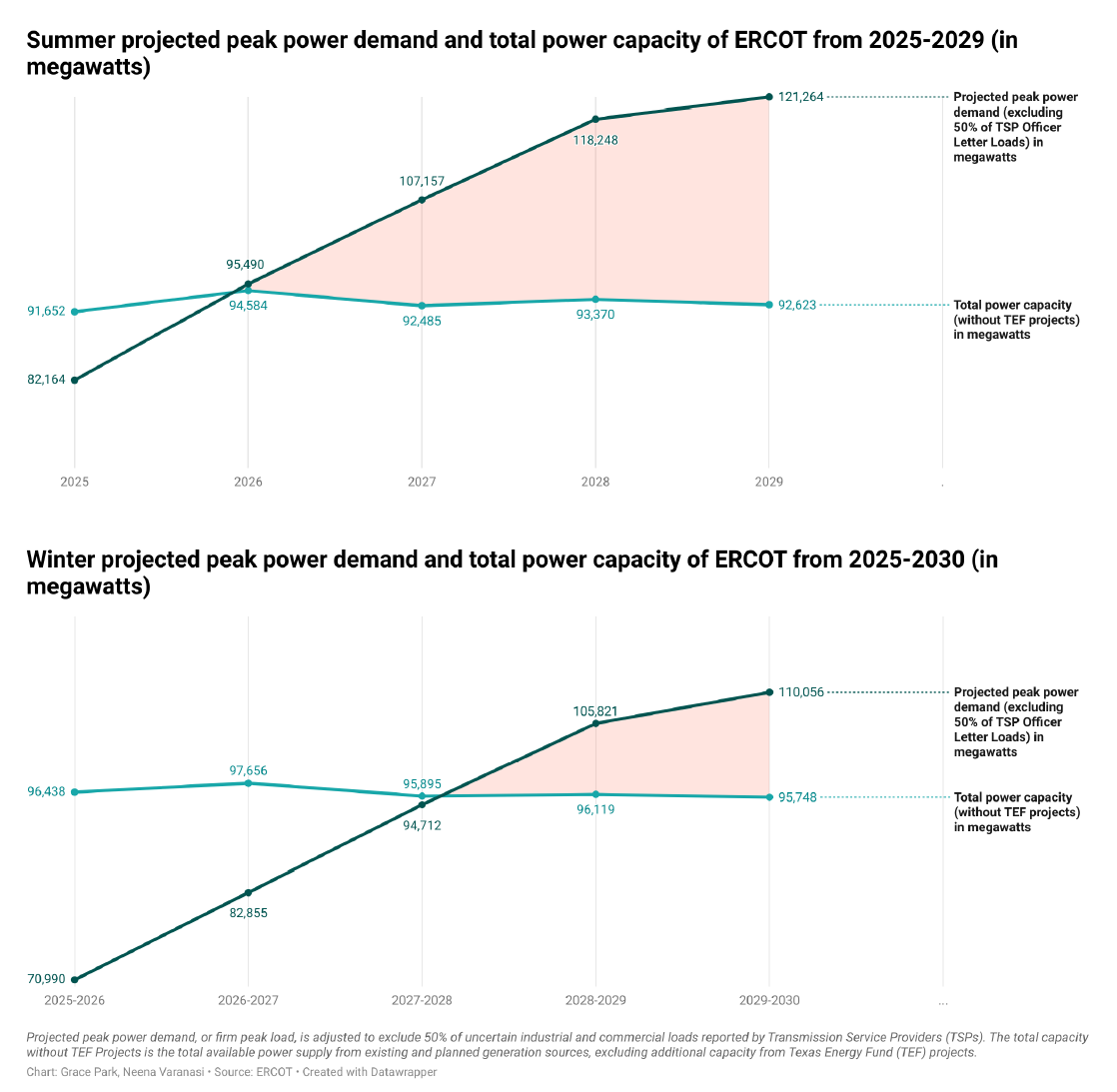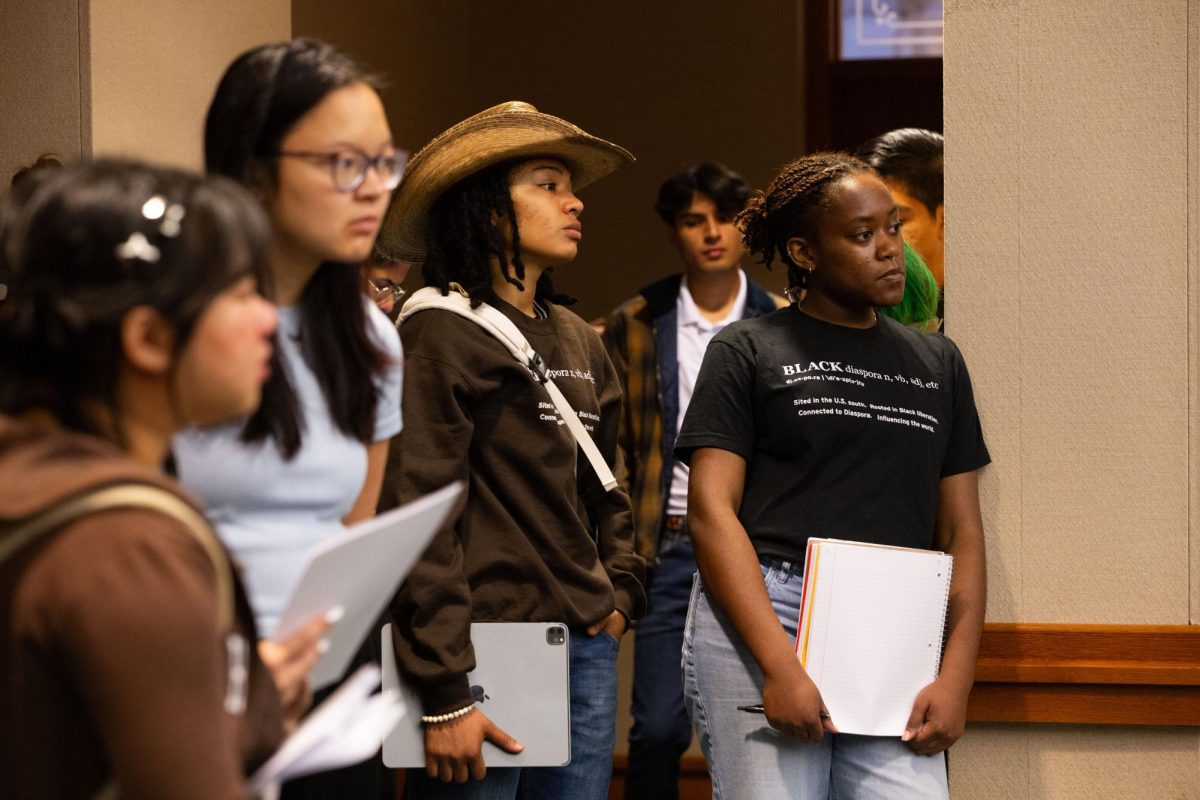Support for President Donald Trump has increased 21 points among Texas Republicans since October, but the divide between the parties remains, according to a Feb. 20 statewide online poll from the Texas Politics Project.
The Texas Politics Project, an initiative by the College of Liberal Arts, obtained responses from 1,200 Texas voters earlier this month in collaboration with The Texas Tribune. Forty-five percent of the Texas respondents view Trump favorably, while 46 percent view him unfavorably. Trump’s approval rating has improved among Republicans, but Democrats’ unfavorable ratings have remained basically unchanged, according to a blog post by UT lecturer Jim Henson, director of the Texas Politics Project.
This increase in favorability is a display of a return to partisan patterns, Henson said.
“The overall increase in Donald Trump’s approval rating is largely a reflection of Republican partisans who may not have supported him in the primary but have rallied around him as a result of his victory in the presidential election,” Henson said in an email.
Thirty-nine percent of respondents believe the U.S. is heading in the right direction, while 49 percent believe the opposite. This is also an improvement from October’s poll, in which only 22 percent believed the country was heading in the right direction and 67 percent believed it was not.
Daron Shaw, government professor amd poll co-director, said these responses must be viewed in context.
“People are more prone to say we’re on the wrong track, so anything close to 50–50 is actually a positive rating,” Shaw said.
Texans were asked about their opinion toward Russia and President Vladimir Putin. While 62 percent view him negatively, 28 percent more Democrats disapprove Putin compared to Republicans.
Undeclared junior Seth Sageser, a self-described “moderate conservative,” said he does not understand the divide.
“As an American, regardless of party, I view Putin with disgust and disdain,” Sageser said. “I don’t think it should be a party issue.”
Henson said these results may be a reflection of the president’s attitude toward Putin.
“It’s plausible to suggest that the president, who is the national leader of the Republican Party, has signaled to his partisan supporters that Putin is not an entirely negative figure,” Henson said. “These numbers don’t indicate that Republicans are embracing Putin per se. Republicans appear to be following their president and perhaps suspending traditionally negative views toward Russia. It will be interesting to see how durable this shift is in the future.”



















